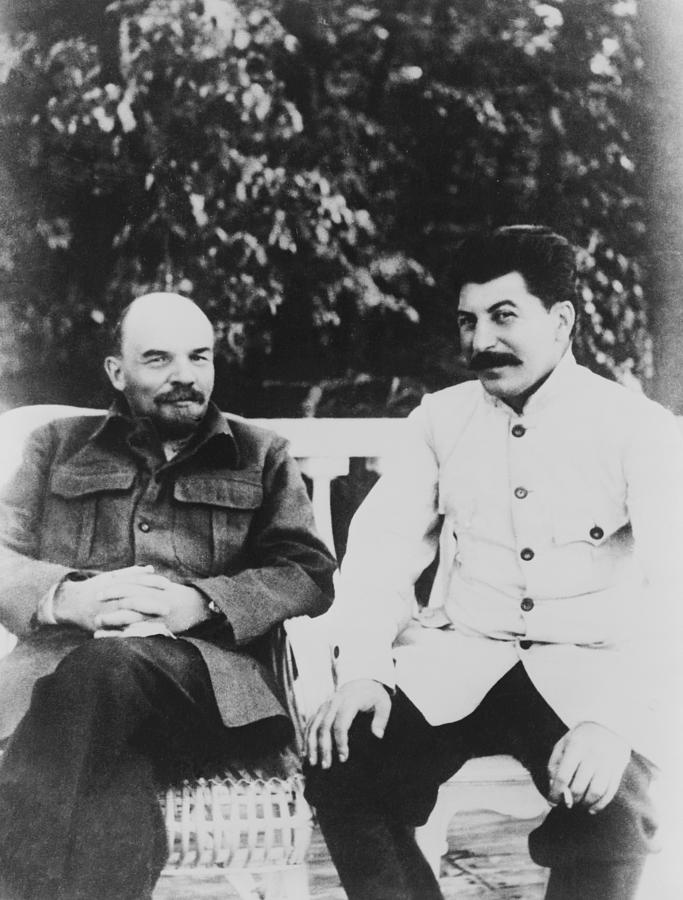I’ve written before about Rose Wilder Lane, the writer and political thinker. In 1926, Rose and her friend Helen Dore Boylston, both then living in Paris, decided to buy a Model T Ford and drive it to Albania. I recently picked up the book Travels With Zenobia, which is the chronicle of their adventure.
Acquisition of the car–a “glamorized” 1926 model which was maroon in color rather than the traditional Ford black–went smoothly. Acquisition of the proper government documentation allowing them to actually drive it–not so much:
Having bought this splendid Ford, my friend and I set out to get permission to drive it, and to drive it out of Paris and out of France. We worked separately, to make double use of time. For six weeks we worked, steadily, every day and every hour the Government offices were open. When they closed, we met to rest in the lovely leisure of a cafe and compared notes and considered ways of pulling wires…
One requirement was twelve passport pictures of that car…But this was a Ford, naked from the factory; not a detail nor a mark distinguished it from the millions of its kind; yet I had to engage a photographer to take a full-radiator-front picture of it, where it still stood in the salesroom, and to make twelve prints, each certified to be a portrait of that identical car. The proper official pasted these, one by one, in my presence, to twelve identical documents, each of which was filled out in ink, signed and counter-signed, stamped and tax-stamped; and, of course, I paid for them…
After six hard-working weeks, we had all the car’s papers. Nearly an inch think they were, laid flat. Each was correctly signed and stamped, each had in addition the little stamp stuck on, showing that the tax was paid that must be paid on every legal document; this is the Stamp tax that Americans refused to pay. I believe we had license plates besides; I know we had drivers’ licenses.
Gaily at last we set out in our car, and in the first block two policemen stopped us…Being stopped by the police was not unusual, of course. The car’s papers were in its pocket, and confidently I handed them over, with our personal papers, as requested.
The policemen examined each one, found it in order, and noted it in their little black books. Then courteously they arrested us.
